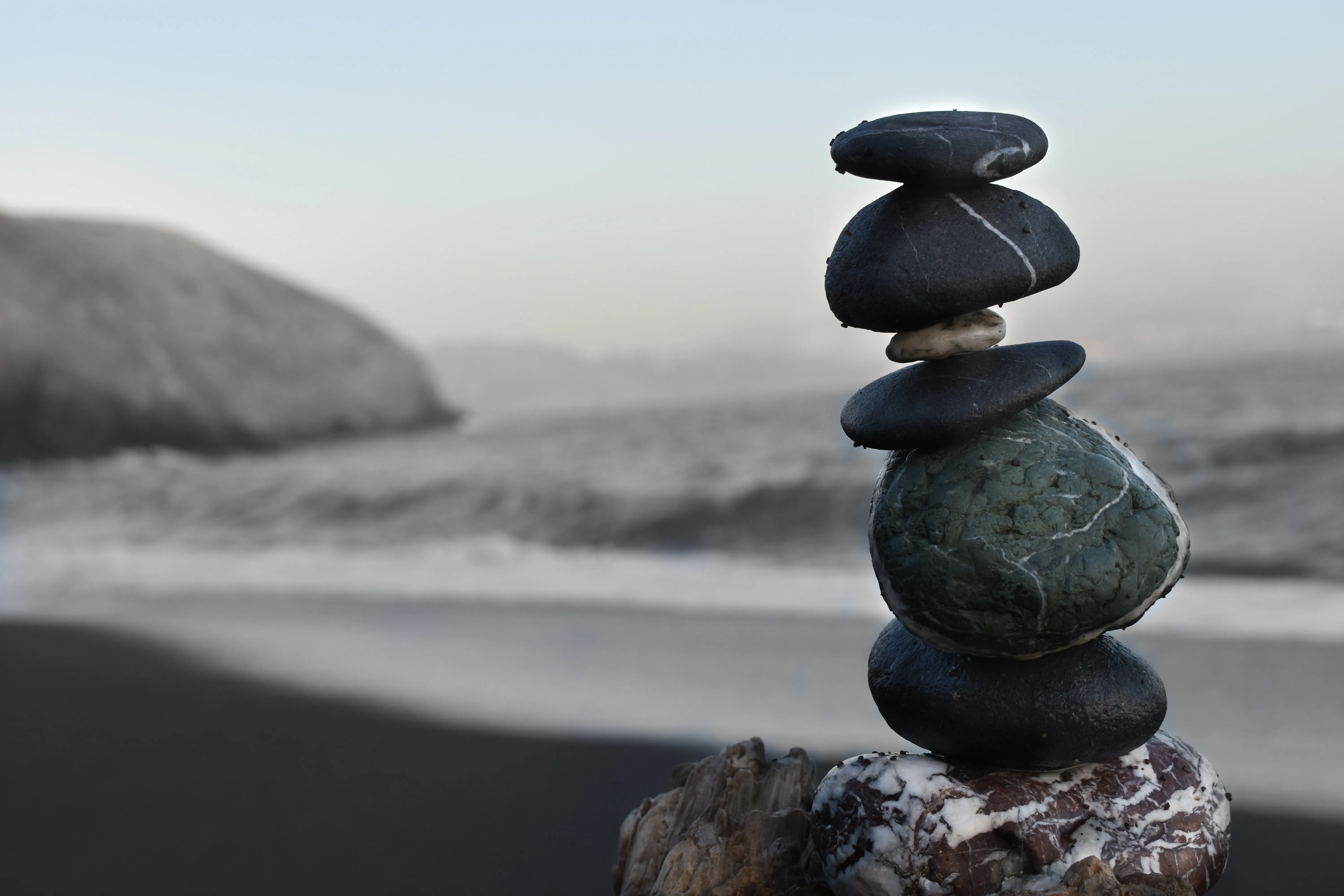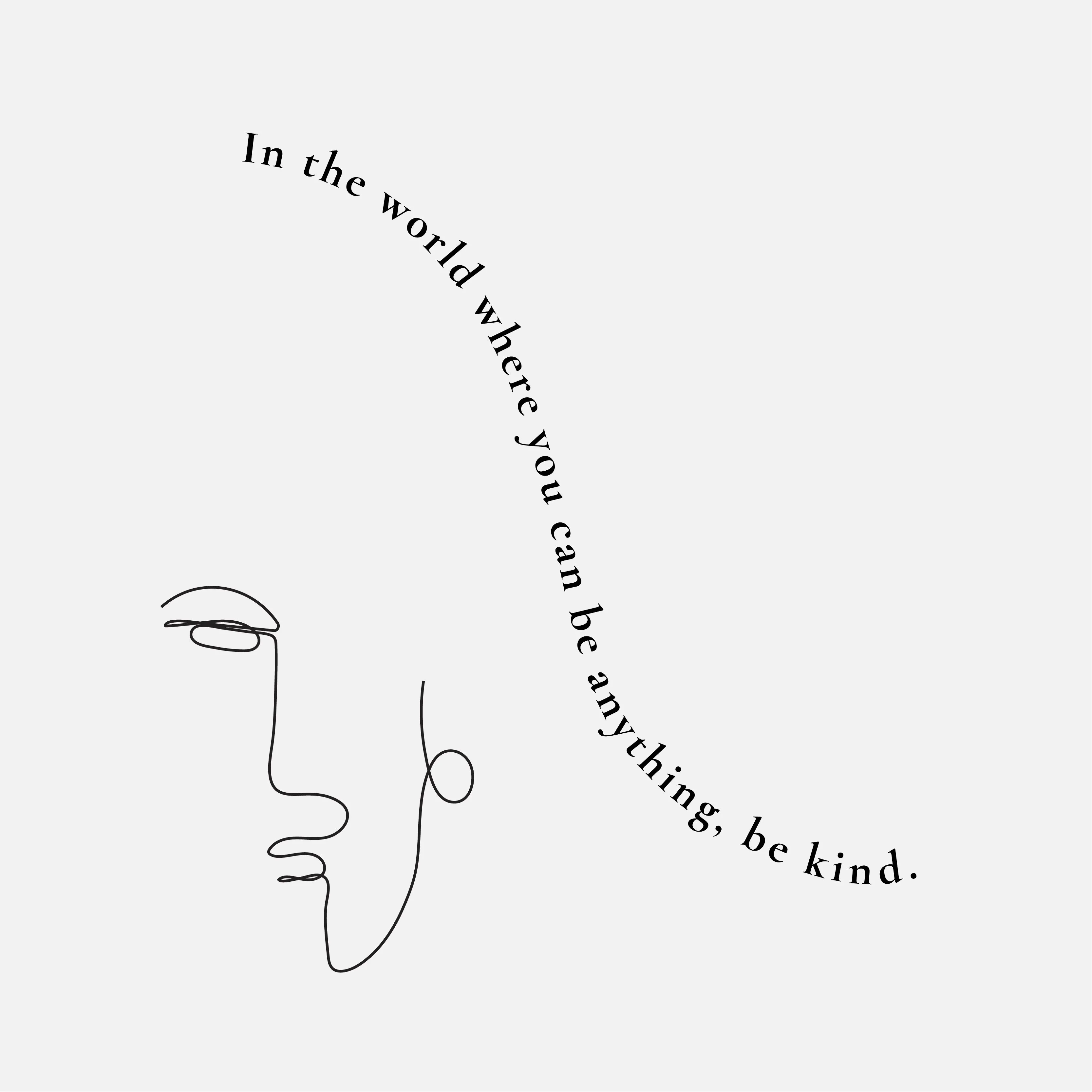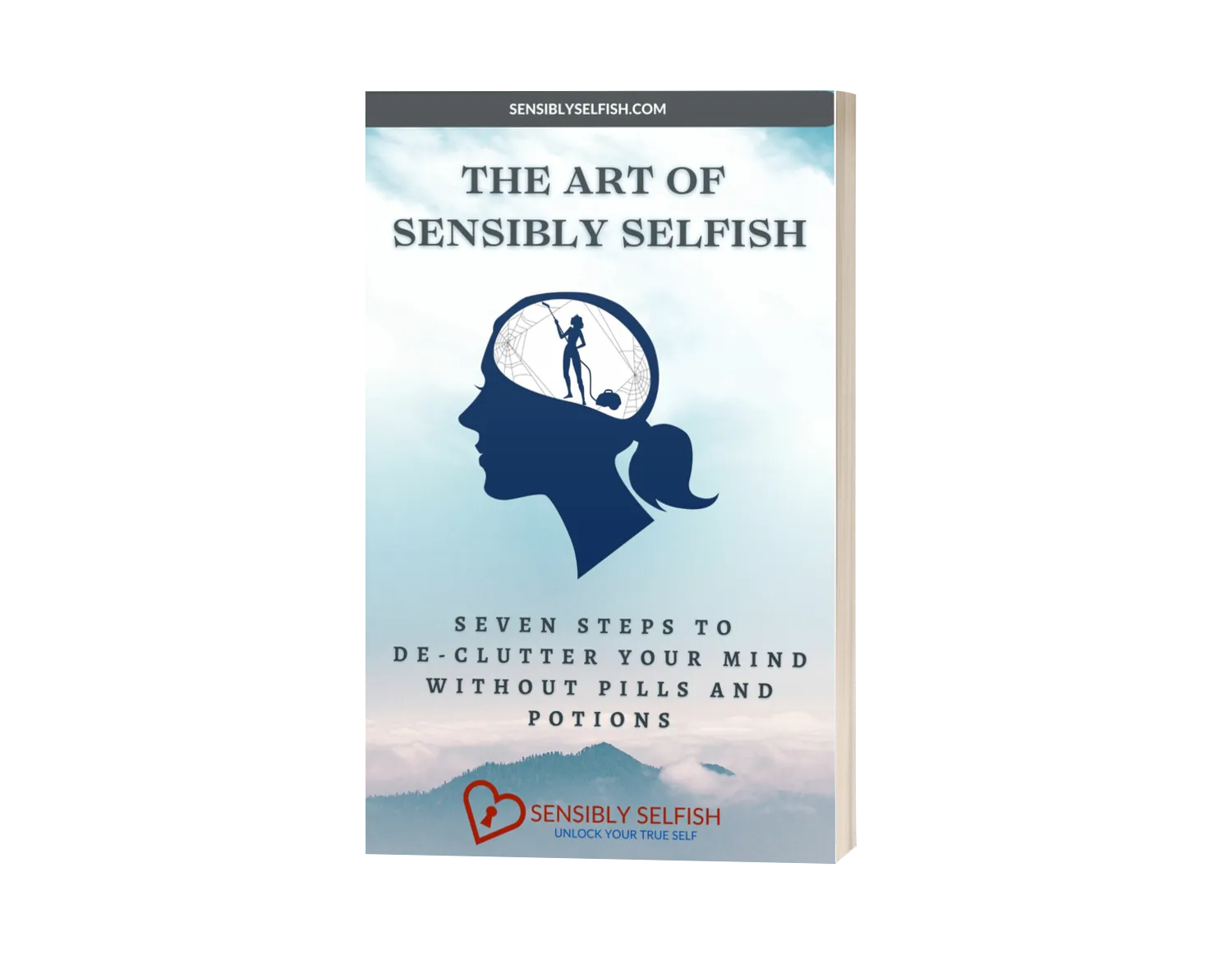Unleashing Your True Self
Exploring the Path of Personal Growth
[Toc]

Potential Starts Here
In the pursuit of self and the realization of true potential, there is no one-size-fits-all approach or magic formula. Each individual is unique, with distinct strengths, weaknesses, and preferences. As we embark on the journey of self-discovery and personal growth, it becomes essential to explore various disciplines and methodologies, allowing ourselves the freedom to adapt and evolve along the way.
Whether it is the art of concentration, the practice of meditation and mindfulness, or the profound reflections of contemplation, each of these disciplines offers a doorway to unlocking our inner potential. However, what works for one person may not necessarily work for another. We must be open to trying different methods, delving into various practices, and discerning what resonates with our authentic selves.
As we engage in these practices, we must be prepared to adapt and change. The initial stages may require patience and perseverance as we navigate through different techniques, searching for the ones that truly resonate with us. Just as novice musician explores multiple instruments before finding their true calling, we too must embrace the process of trial and error in our personal growth journey.
As we become more proficient in these skills, we gain a deeper understanding of ourselves and our unique needs. We may find that certain methods of concentration or meditation resonate more deeply, or that contemplation allows us to delve into the depths of our being. It is through this exploration that we discover the methodologies that bring us the greatest fulfillment and facilitate our personal growth.
However, even as we settle into practices that resonate with us, we must remain open and adaptable. Growth is a continuous process, and as we evolve, our needs and preferences may change. What served us well in the past may no longer be aligned with our present selves. Therefore, it is vital to remain receptive to new ideas, techniques, and perspectives that can further enhance our personal growth.

Concentration: Mastering the Art of Focus
Have you ever become so deeply absorbed in a task that when you finally looked up, you couldn't believe how much time had passed? Time seems to warp when we concentrate, whether it's a few fleeting minutes or several engrossing hours. The ability to concentrate is an art, one that allows us to attend fully to a single task without succumbing to distractions.
In today's fast-paced and information-saturated world, maintaining focus can be a daunting challenge. It requires discipline and determination to combat the constant barrage of stimuli vying for our attention. However, by honing our concentration skills, we can forge pathways in our brains that facilitate the comprehension and mastery of complex concepts.
So, how can we enhance our ability to concentrate? Just like realigning a muscle that has become fatigued, it takes small, deliberate steps to regain focus.
Concentration Concepts
Below are concepts you can use for concentration, take what you need. Work through the list slowly and focus on those that resonate.
- First and foremost, eliminate all potential distractions. Turn off your mobile phone, log out of social media, and create a quiet environment free from interruptions. Multitasking, often praised as a productivity booster, is actually detrimental to concentration. Train yourself to focus on one task at a time, giving it your undivided attention.
- Take a moment to breathe deeply and clear your mind. By consciously emptying your thoughts, you create space for singular focus. Next, direct your attention to an external object for a set period, perhaps five minutes. Observe the intricate details of clouds, plants, or the rhythmic motion of waves. This exercise not only sharpens your concentration but also cultivates an appreciation for the world around you.
- Immerse yourself in the act of reading a book for a dedicated timeframe, such as 30 minutes. Let the words absorb your attention, allowing the narrative to unfold in your mind. As you become more adept at concentrating, challenge yourself further by focusing on the night sky. Expand your awareness into the vast expanse above, striving to maintain concentration for longer durations. Monitor the time you begin and note when your attention wavers, gradually increasing the duration each time.
- Embrace the "5 more" mentality as a motivator. Push yourself to concentrate for five more minutes, read five more pages, or complete five more push-ups. These incremental increases build your mental stamina and foster a habit of sustained focus.
- For a mathematically stimulating challenge, try counting backward from 100 in intervals of 7. This exercise not only sharpens your concentration but also gives your mind a numerical workout. Additionally, reciting the alphabet backward can be an intriguing exercise to engage your cognitive faculties.

Stress and Sleep Impacts
It's important to recognize that stress and insufficient sleep can severely impact concentration patterns. Consider evaluating your overall lifestyle and well-being by using the Table of Life exercise. Ensure that other aspects of your life are not unduly affecting your ability to concentrate, and make any necessary adjustments to achieve optimal focus.
As we cultivate and refine our concentration skills, we unlock the potential for self-growth. Gradually, we become more confident, efficient, and intelligent in our endeavors. The burdens of stress lessen, and a sense of happiness and contentment blossoms. Moreover, enhanced concentration serves as a stepping stone toward practicing meditation and embracing mindfulness—an ongoing journey toward deeper self-awareness and tranquility.

Case Study: Overcoming Menopausal Brain Fog - Elaine's Journey to Clarity
Elaine, a 52-year-old woman, found herself grappling with the frustrating symptoms of menopausal brain fog. As she entered this new phase of life, she noticed a decline in her cognitive function, struggling with memory lapses, difficulty concentrating, and a general sense of mental fog.
Determined to regain her clarity and mental acuity, Elaine embarked on a journey of exploration and self-discovery. She began incorporating various practices into her daily routine, including concentration exercises, mindfulness meditation, and contemplative reflection.
Through the art of concentration, Elaine honed her ability to focus her attention and sustain mental clarity amidst distractions. She found solace in the simple act of observing her breath, which helped anchor her thoughts and calm her mind. With consistent practice, Elaine experienced gradual improvements in her ability to concentrate and engage fully in the tasks at hand.
In addition to concentration, Elaine embraced the practice of mindfulness meditation. By cultivating present-moment awareness and nonjudgmental observation of her thoughts and feelings, she learned to navigate the challenges of menopausal brain fog with greater ease. Mindfulness allowed her to detach from the frustration and self-criticism that often accompanied memory lapses, enabling her to approach her experiences with compassion and acceptance.
Contemplation became another invaluable tool in Elaine's arsenal against menopausal brain fog. She dedicated time each day to delve into her thoughts, reflecting on the changes she was experiencing and seeking insights into her true self. Contemplation allowed her to explore the emotional and spiritual aspects, deepen her understanding of herself and provide a sense of clarity amidst the fog.
Throughout, Elaine also sought feedback from trusted friends and healthcare professionals. She valued their perspectives and used their insights to guide her down other avenues to overcoming menopausal brain fog. Their support and encouragement bolstered her confidence and reinforced her commitment to growth and self-improvement.
Over time, Elaine's efforts paid off. She noticed a significant improvement in her cognitive function and mental clarity. Her memory became sharper, and she regained a sense of focus and mental agility. Elaine's journey was a testament to the power of combining concentration, mindfulness, contemplation, and feedback in addressing the challenges of menopausal brain fog.

Meditation and Mindfulness: Nurturing the Harmony of Body and Mind
In recent years, meditation and mindfulness have gained widespread recognition as essential practices for cultivating a healthy body and mind. By becoming aware of our thoughts and emotions, we can achieve a greater sense of focus, relaxation, and overall well-being. These practices allow us to redirect our attention to the present moment, leaving no room for mindless chatter and distractions.
There are countless approaches to meditation, and it may take some experimentation to find the method that resonates most with you. Furthermore, as you progress on your meditation journey, you may find it beneficial to explore and embrace different techniques at various stages of your practice. Some examples of meditation include guided meditation, chant meditation, mantra meditation, and even Tai Chi, which incorporates meditative movements.
To embark on a meditation practice, follow these steps:
- Find a quiet and serene environment where you can comfortably sit or lie down without distractions. Creating a peaceful space helps foster a conducive atmosphere for deep introspection and tranquility.
- Begin by consciously relaxing your body and taking deep, mindful breaths. Allow each breath to flow naturally, inhaling serenity and exhaling any tension or restlessness.
- Clear your mind of its incessant stream of thoughts. Recognize that thoughts may arise, but simply let them pass by without judgment or attachment. Return your focus to your breath, using it as an anchor to the present moment.
- As you continue your practice, you may observe thoughts, emotions, or sensations arising within you. Acknowledge their presence, but refrain from engaging with them. Instead, let them dissolve into the background, gently redirecting your attention back to your breath or chosen point of focus.
- When you conclude your meditation session, express gratitude to your mind for the thoughts it shared with you. This gesture of appreciation reinforces a positive relationship with your thoughts and encourages a sense of harmony within.
As you consistently engage in meditation, you may discover additional benefits beyond a calmer mind. Improved concentration becomes more accessible as you learn to navigate your thoughts and remain present.
Communication skills may also be enhanced, as mindfulness enables you to listen more attentively and respond with greater clarity. Moreover, meditation cultivates resilience, empowering you to navigate life's challenges with a sense of equanimity and inner strength. Remarkably, studies have shown that regular meditation can bolster your immune system, reduce stress levels, and even contribute to improved sleep quality.
By embracing meditation and mindfulness, you embark on a journey of Sensibly Selfish self-discovery and self-care. These practices provide a sanctuary of stillness amidst the chaos of daily life, offering a chance to connect with your inner wisdom and find solace in the present moment. With time, dedication, and an open mind, meditation can become a profound and transformative tool for harmonizing your body, mind, and spirit.

Contemplation: Unlocking the Depths of Self-Understanding
In today's fast-paced and bustling world, deep reflection and contemplative thought have become rare commodities. Yet, for those seeking self-actualization, contemplation is perhaps the simplest and most valuable art to practice regularly. It has the power to unveil profound insights into the nature of our true selves, encompassing the realms of the mental, physical, and spiritual.
Embarking on the path of contemplation requires a certain finesse, as it involves delving deep into concise yet potent ideas. It calls upon both the left and right sides of the brain, harnessing the faculties of intuition and accessing the universal library of knowledge. Like any skill on the journey of self-mastery, contemplation takes practice. However, the rewards far outweigh the initial challenges encountered while discovering what methods work best for you.
Contemplation is a deeply personal process, and the following information serves as a guide rather than rigid rules. Some individuals find that they can contemplate while performing daily chores or engaging in physical exercise, while others prefer to allocate a specific time and space for this practice. There are no right or wrong approaches—simply find the method that resonates most with you.
To incorporate contemplation into your daily routine, consider the following steps:
- Make daily contemplation a priority on your path to self-actualization. Dedicate time and energy to this practice, valuing it as an essential tool for self-discovery and growth.
- Begin by taking deep breaths to anchor yourself in the present moment and clear your mind of external distractions. Create a calm and receptive space within.
- Recollect the specific focus or question that you wish to contemplate. Allow it to permeate your consciousness, becoming the focal point of your contemplative journey.
- Observe your thoughts as they arise, without judgment or attachment. Simply acknowledge their presence and let them pass by, focusing solely on the task at hand.
- Engage yourself in questioning. Ask yourself probing inquiries that relate to your contemplation, tapping into your intuition and the vast reservoir of universal knowledge.
- Let the process unfold naturally, without forcing or rushing it. Trust that insights will arise organically as you navigate the depths of contemplation.
- Express gratitude for the insights you have received. Appreciate the wisdom and understanding that have emerged through your contemplative practice.
- Remain open and receptive throughout your day, allowing further insights to emerge spontaneously. Contemplation extends beyond dedicated sessions, permeating your entire existence.
Contemplation knows no bounds when it comes to choosing what to contemplate. It can encompass a myriad of subjects, ranging from personal issues and decisions you face on your life's journey to profound existential questions about the meaning of life itself. You can even contemplate abstract concepts and explore your understanding of words such as "values," "love," or "bread." (Omphaloskepsis, for example, is the contemplation of one's navel!) Additionally, the works of others, such as books, quotes, and teachings, can serve as fertile ground for contemplation. When contemplating the works of others, focus on the feelings and thoughts they evoke rather than the words themselves. These words act as keys that unlock the depths of insight within you.
As you commit to daily contemplation, anticipate transformative changes in your life. Simplification, slowing down, increased patience, open-heartedness, compassion, decisiveness, honesty, and gratitude are some of the qualities that naturally blossom through this practice. Contemplation allows your fullest potential to unfold, guiding you toward a more profound understanding of yourself and the world around you.

The Power of Feedback
In the pursuit of self-actualization and personal growth, one often encounters the critical role that feedback plays. Feedback, whether positive or constructive, provides valuable insights from others that can help us gain a deeper understanding of ourselves, our actions, and our impact on those around us. By accepting and embracing feedback, we open ourselves up to tremendous opportunities for growth and self-discovery. However, like any powerful tool, feedback comes with its own set of benefits and potential drawbacks.
At its core, good feedback is an objective and constructive assessment of our thoughts, behaviors, or actions provided by others. It offers an external perspective that can shed light on blind spots or areas for improvement that we may not be aware of. Good feedback is characterized by several key elements:
- Specificity: Effective feedback is precise and specific, highlighting particular actions or behaviors rather than making general statements. Specific feedback allows us to pinpoint areas where we can make meaningful changes.
- Timeliness: Feedback is most impactful when delivered in a timely manner, allowing us to reflect on recent experiences while they are still fresh in our minds. Timely feedback fosters immediate reflection and adjustment.
- Relevance: Good feedback is relevant to the situation at hand, focusing on behaviors or actions directly related to the desired outcomes. By aligning feedback with specific goals or objectives, we can effectively course-correct and make progress toward our aspirations.
Embracing good feedback offers numerous benefits:
- Self-Awareness: Feedback serves as a mirror, reflecting aspects of ourselves that we may not see or fully understand. It enhances self-awareness by illuminating our strengths, weaknesses, and areas for growth, allowing us to develop a more accurate perception of ourselves.
- Personal Growth: Constructive feedback provides invaluable opportunities for personal growth. It helps us identify areas where we can improve, develop new skills, or refine existing ones. By acting on feedback, we can continually evolve and reach new levels of competence and effectiveness.
- Enhanced Relationships: Feedback strengthens relationships by fostering open and honest communication. When we actively seek feedback and listen with an open mind, we demonstrate respect and appreciation for others' perspectives. This cultivates trust and deepens our connections with those around us.
- Expanded Perspectives: Feedback offers alternative viewpoints and fresh insights that can broaden our perspective. It encourages us to consider different approaches, challenge our assumptions, and embrace new ideas. Through feedback, we gain a more comprehensive understanding of ourselves and the world.
Challenges with Feedback
Despite the numerous benefits, there are potential challenges and negatives associated with feedback:
- Emotional Impact: Receiving feedback, especially constructive criticism, can evoke strong emotions such as defensiveness, insecurity, or disappointment. It requires emotional resilience and a willingness to detach our sense of self-worth from the feedback received.
- Biases and Misinterpretation: Feedback can be influenced by biases or misinterpretations, both on the part of the giver and the receiver. It is crucial to approach feedback with an open mind, carefully considering its validity and seeking clarification when needed.
- Lack of Context: Feedback provided without sufficient context or understanding of the situation may be incomplete or misleading. It is important to ensure that feedback is based on a comprehensive understanding of the circumstances and is aligned with the intended goals.
- Unconstructive Delivery: Poorly delivered feedback lacking empathy or respect can undermine its intended purpose. Effective feedback should be delivered with tact, sensitivity, and a genuine desire to support the recipient's growth.
To optimize the benefits of feedback and mitigate its potential negatives, it is essential to approach feedback with an open and growth-oriented mindset. Actively seek feedback from diverse sources, including trusted mentors, colleagues, friends, and family members. Cultivate a receptive attitude, viewing feedback as a valuable tool for self-improvement rather than as a personal attack.
When receiving feedback, practice active listening, asking clarifying questions, and expressing gratitude for the insights shared. Reflect on the feedback received, distinguishing between feedback that aligns with your goals and values and feedback that may not resonate with your authentic self.
Embracing the Journey: A Lifetime of Self-Actualization
In the quest for self-actualization and personal growth, we have explored the realms of concentration, meditation and mindfulness, and contemplation. Through these practices, we have gained valuable insights into our true selves and the boundless potential that resides within them.
However, it is important to recognize that our journey toward self-actualization is an ongoing and lifelong process. There is no definitive endpoint or final destination. Instead, it is a continuous cycle of exploration, adaptation, and refinement.
As we progress along this transformative path, we must remember that no single method or discipline works for everyone. We are unique individuals with distinct needs, preferences, and ways of connecting with ourselves and the world around us. It is through the willingness to delve into various practices and be open to change that we find what truly resonates with us.
In our pursuit of personal growth, we must also remain adaptable and receptive to new ideas and perspectives. As we evolve, our understanding and aspirations may shift, requiring us to seek fresh insights and approaches. The willingness to let go of what no longer serves us and embrace what aligns with our authentic selves is a testament to our commitment to growth.
Ultimately, the journey towards self-actualization is not a destination to be reached, but a lifelong adventure to be embraced. It is a journey of self-discovery, self-awareness, and self-acceptance. Along the way, we learn to navigate the ebb and flow of life, embracing the challenges and celebrating the triumphs.
As we integrate the practices of concentration, meditation and mindfulness, and contemplation into our lives, we embark on a profound journey of self-actualization. This journey is unique to each of us, and it requires exploration, adaptability, and a commitment to growth. Let us embrace the transformative power of these practices, knowing that they are stepping stones on a lifelong path of self-discovery and personal evolution. May we continually strive to unleash our true potential, creating a life of authenticity, fulfillment, and deep meaning!









